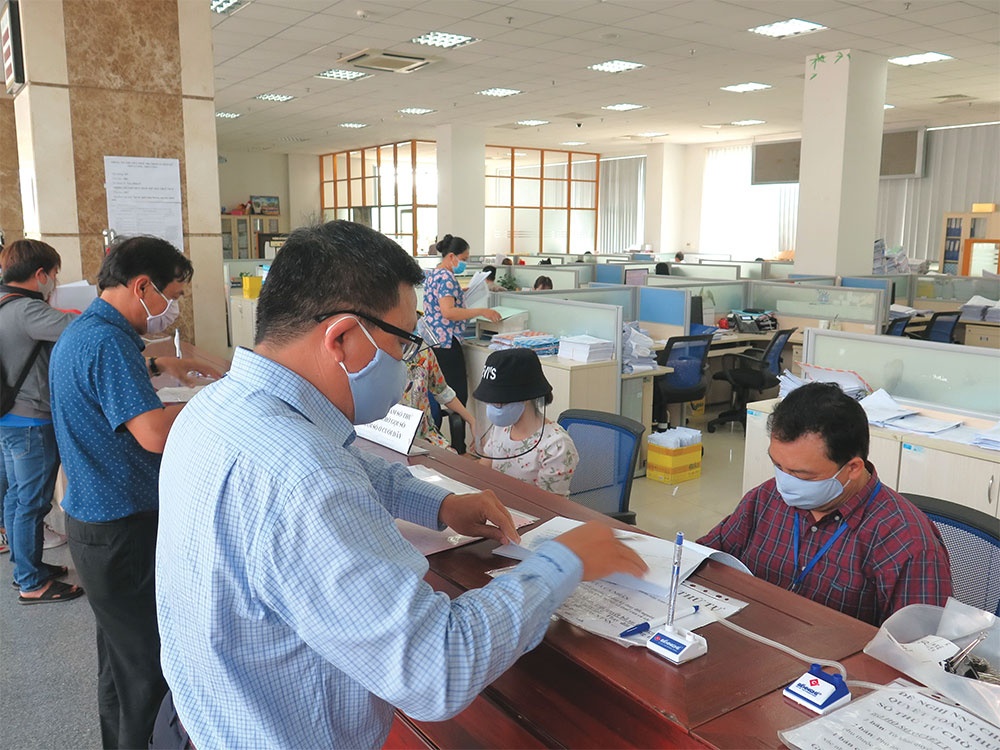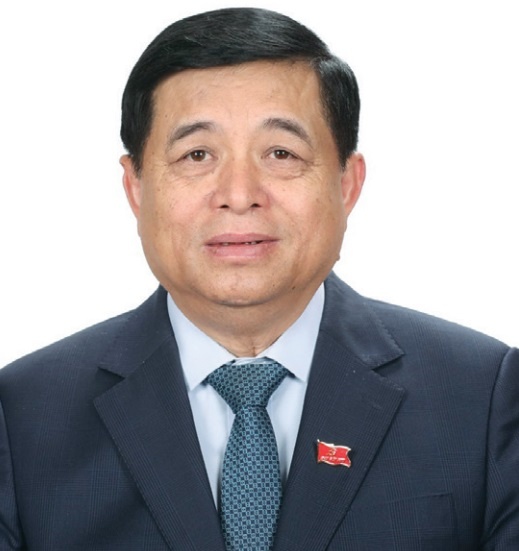
Tax refund procedures discussed in meeting with Minister
Latest
The topic was raised at last week’s meeting between the Ministry of Planning and Investment (MPI) and other ministries, agencies, and business associations on cutting down administrative procedures and removing other legal obstacles that are hindering enterprises.
 |
| Tax refund stand-off comes to a head. |
According to the Board for Private Economic Development Research (IV Board) under the Advisory Council for Administrative Procedure Reform, opinions on current tax rules were collected from 30 business associations.
It found that some enterprises are struggling with the delay of VAT refunds, especially wood and rubber companies. There is an unreasonable VAT rate for the fertiliser industry; and there are difficulties in paying VAT for paper producers that need to collect scrap and other businesses that need to collect sand, gravel, and bricks.
Pham Thi Ngoc Thuy, Head of the IV Board, told Minister of Planning and Investment Nguyen Chi Dung that the VAT refund process is taking a long time without any specific deadline, and so businesses cannot manage their cash flows and income.
“Enterprises that produce and export wood chips and wood products, for example, estimate that the accumulated amount of money waiting for a refund since 2020 is up to hundreds of millions of US dollars. If this situation persists, many businesses will have to declare bankruptcy,” said Thuy.
Moreover, the process of monitoring wood origins is also said to be spread out, and many stages in tax refund considerations are not suitable in practice, pushing risks into the afforestation stage or the stages of buying and selling raw wood for production and export.
The IV Board noted an example of authorities detecting some violations in planting forests, and buying and selling raw wood in a northern locality. When this occurred, all buyer enterprises stopped importing wood input materials from the location. “That has an immediate impact on supply chains and manufacturing,” the IV Board highlighted in a document sent to the prime minister last week.
In paper production, businesses would like to promote the recycling of used paper towards circular production. “However, when buying paper and scrap from domestic collection channels, most of them do not have invoices, so proof of origin is not guaranteed. Thereby, businesses cannot prove the origin of materials and cannot get a 10 per cent VAT refund,” Thuy added.
According to the Vietnam Pulp and Paper Association, the General Department of Taxation (GDT) agreed for businesses to build lists of collecting materials but the total amount cannot surpass VND100 million ($4,350), which they said is too small compared to the concentrated purchasing needs of most producers.
Meanwhile, fertiliser is not subject to VAT and input materials do not be deducted. Enterprises have to include all incurred VAT in production costs, increasing costs and selling prices, thereby reducing competitiveness as compared to imported fertilisers. Moreover, projects for fertiliser production are also ineligible for VAT refunds for tech equipment, leading to high investment rates and reducing the motivation of enterprises for research and development.
 |
In July 2022, the Government issued Decree No.49/2022/ND-CP amending the law on VAT, and the GDT also delivered documents on strengthening the review, inspection, and detection of taxpayers with signs of risk on invoices, against VAT refund fraud.
But companies like rubber group Hoang Dung Co., Ltd. said that they have not received a VAT refund since 2021, and the amount is up to millions of US dollars.
“The cause of the congestion is due to the tax department’s request to verify documents and invoices of the origin of rubber products from the first to the last stage, including all intermediate stages. Without enough verification documents, the rubber exporters cannot be entitled to a tax refund,” said a Hoang Dung representative.
“The tax department also requires payment documents for rubber exports to show the account information of the payer or remittance,” he added. “We don’t know what the legal regulation is for this requirement.”
To solve these troubles, business associations have asked the Ministry of Finance to classify the process of VAT refund. If taxpayers are long-standing and reputable enterprises, they should be post-checked; and if they are new-registered businesses, dossiers should be checked carefully before refunding tax.
“The authorities also need to re-evaluate the high-risk stage of tax fraud for supervision; as well as clarify the responsibilities of each enterprise in the chain, instead of imposing sanctions on enterprises at the final production stage,” said Hoang Dung’s representative.
For the paper industry, businesses propose to pay VAT for waste collectors, and then ask for tax refunds to solve origin issues. Fertiliser groups have asked for an amendment to the law to impose a tax on fertiliser to improve competitiveness, for example at 5 per cent.





















